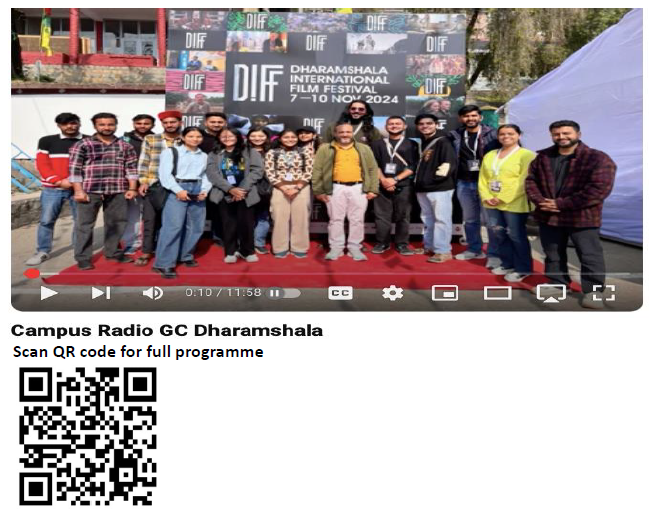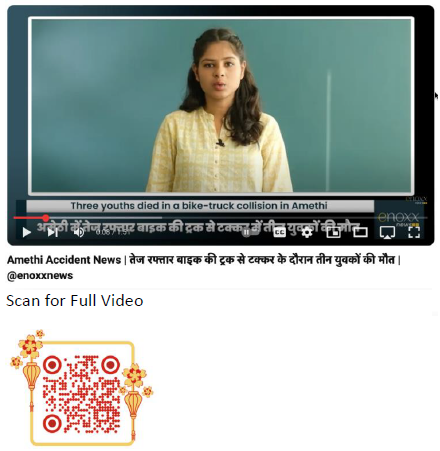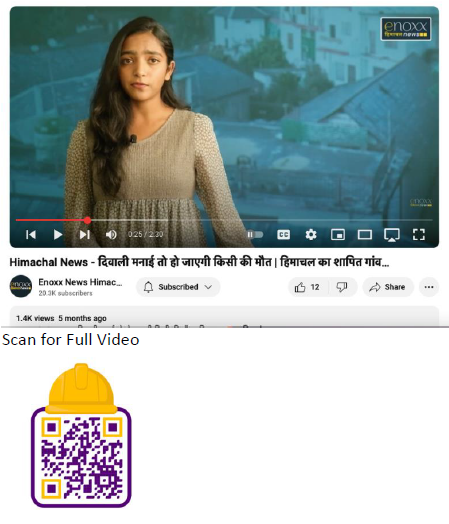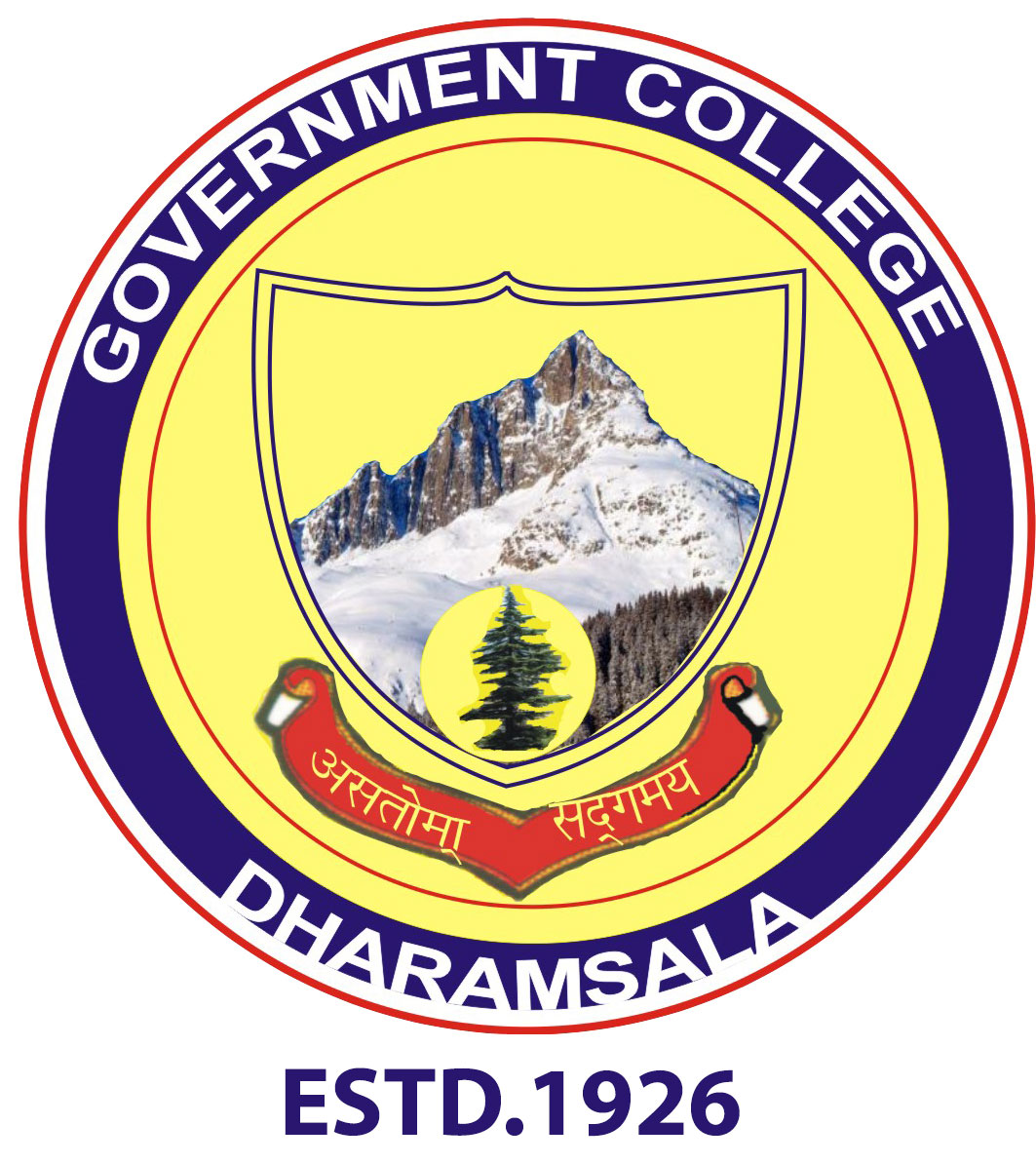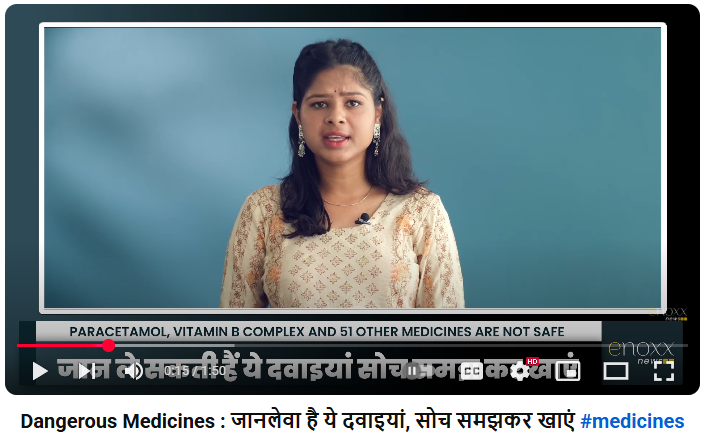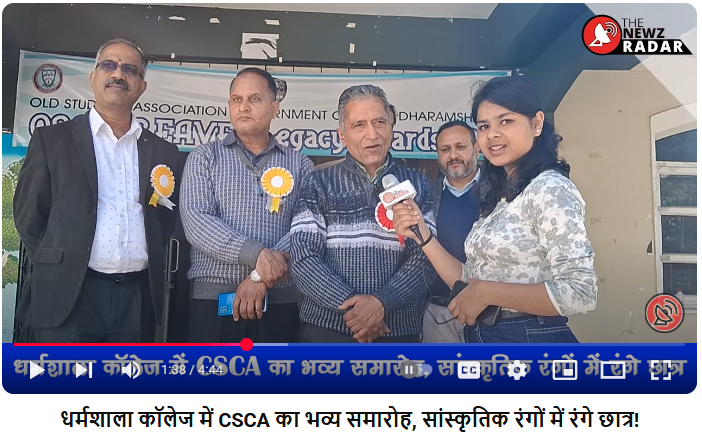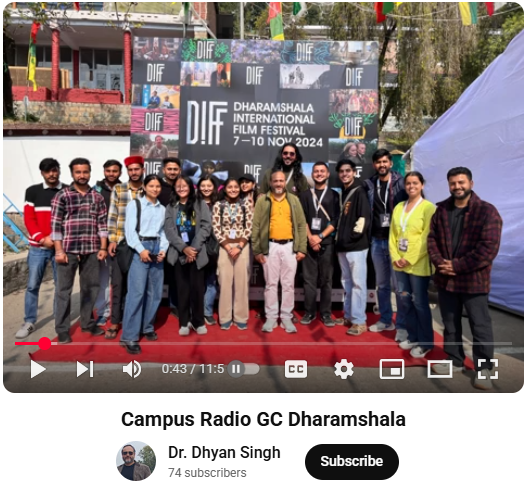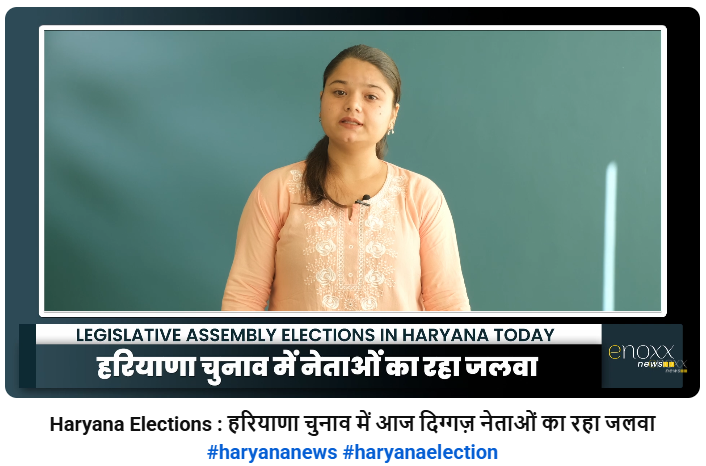Department of Journalism and Mass Communication







About Department
“The media is the most powerful entity on earth. They have the power to make the innocent guilty and to make the guilty innocent, and that’s power.” – Malcolm X
The Department of Journalism and Mass Communication was established in 2010 as an add-on course with an initial batch of 45 students. Two years later, in 2012, the department introduced a regular course in Journalism and Mass Communication. Since then, it has been dedicated to training future media professionals who critically engage with information, and contribute to development communication. We recognize that media is not just a tool for communication but a powerful force that shapes perceptions, reinforces power structures, and influences social realities. Historically, information and knowledge have been controlled by those in power—governments, dominant groups, and political elites—to maintain hegemony. Walter Lippmann, in Public Opinion (1922), argued that media constructs reality through selective framing, while Noam Chomsky’s Manufacturing Consent (1988) exposed how media serves the interests of the ruling class. Even today, technological determinism ensures that digital platforms are not neutral but are shaped by economic and political forces, often reinforcing existing privileges and established myths.
At our department, we emphasize how information can be used both constructively and destructively as a tool for information or misinformation, mobilization or disintegration, love or hate, creation or destruction. Through rigorous academic training and experiential learning, we prepare students to navigate the complexities of modern media while upholding journalistic integrity. The role of journalism extends beyond reporting facts; it requires a knowledge and praxis approach that integrates theoretical insights with real-world applications. Students are trained to recognize echo chambers, where algorithmic bias limits diverse perspectives, and understand how shadow banning and doxing can silence marginalized voices.
By applying Project-Based Learning (PBL), Peer Assessment and Gamification methods, we encourage students to engage with journalism not just as passive reporters but as active agents of change. In the era of social media, which Habermas envisioned as a public sphere, the ability to distinguish between credible and manipulative narratives is more crucial than ever. Digital platforms, while providing opportunities for radical creativity and resistance, are also spaces where dominant groups reinforce their narratives. Stereotypes about caste, gender, and identity continue to be perpetuated through visual and textual media, further maintaining existing hierarchies. In the whole, we encourage students to go beyond mainstream narratives and critically analyze how digital technology is being used to maintain privilege and power structures. From understanding the politics of content moderation to investigating how media narratives affect social resilience, our curriculum ensures that students develop a nuanced perspective on the media’s role in society.
Moreover, we instill in our students the discipline to keep their habitus, biases, and perceptions in check while writing news. Ethical journalism requires a commitment to fairness, accuracy, and the courage to challenge misinformation and manipulation. Through a blend of theory and practice, our department aims to nurture media professionals who are not just storytellers, but truth-seekers and justice advocates. We believe that an informed and critically engaged journalist is essential to a more democratic and equitable society.
Short Biography of Faculty Member
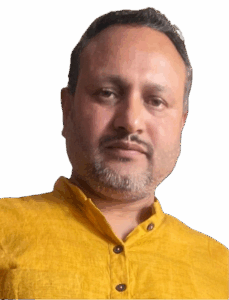
Dr. Dhyan Singh
Senior Assistant Professor
Department of Journalism and Mass Communication
Government PG College Dharamshala, Himachal Pradesh, India
ORCID iD
Dr. Dhyan Singh is a Senior Assistant Professor in the Department of Journalism and Mass Communication at Government PG College Dharamshala. He holds a Ph.D. in Media Studies and specializes in New Media Communication, digital storytelling, and communication research. Over 15 years of teaching experience, Dr. Singh’s research focuses on social media activism, digital culture, and the representation of marginalized communities.
His scholarly work has been published in reputed journals, including Information, Communication & Society (Taylor & Francis), and he has presented papers at international conferences in Europe and Asia. Dr. Singh is also a member of global research bodies such as the International Association for Media and Communication Research (IAMCR) and the European Communication Research and Education Association (ECREA). His recent work explores the intersection of digital media, civic engagement, and mental health among youth.
Media Literacy Club Screens Documentary ‘The Social Media Dilemma’

On Friday, 6th December, the Media Literacy Club organized a screening of the documentary The Social Media Dilemma. The event witnessed enthusiastic participation from 70 students from the Journalism and Mass Communication (JMC) and English departments. Following the screening, students engaged in an insightful discussion on the key themes and issues highlighted in the documentary. They critically examined the impact of social media on mental health, privacy, and digital ethics, sharing their perspectives on the challenges and responsibilities associated with online platforms. The session was actively facilitated by Dr. Dhyan Singh, Dr. Shelly Parul, Prof. Radhey Shyam who encouraged thought-provoking discussions and provided valuable insights. Their participation enriched the discourse, making the event both interactive and intellectually stimulating.The screening and discussion reinforced the club’s mission to foster media awareness, critical thinking, and responsible digital engagement among students


Media Literacy Club and Tagore Literacy Club Screen ‘The Tashkent Files’
On 9th December, the Media Literacy Club, in collaboration with the Tagore Literacy Club, organized a screening of the documentary The Tashkent Files. The event saw the participation of 75 students from the Journalism and Mass Communication (JMC) and English departments.
Following the screening, students engaged in a thought-provoking discussion on the themes and issues presented in the documentary. They explored its narrative, historical implications, and the investigative approach used to examine key political events.
Club members actively facilitated the discussion, encouraging students to critically analyze the documentary’s content. Their engagement ensured a dynamic and insightful exchange of ideas, reinforcing the importance of media literacy and critical thinking in contemporary discourse.


Workshop on Filmmaking Organized by Media Literacy Club
On 29th August 2024, the Media Literacy Club organized an insightful workshop on filmmaking, featuring Ajay Saklani, a renowned Himachali filmmaker known for directing the first Pahari Himachali film. The session aimed to provide students with practical knowledge of independent filmmaking, storytelling techniques, and the challenges of regional cinema production.
Ajay Saklani shared his journey as a filmmaker, offering a detailed account of the struggles and triumphs involved in bringing Himachali culture and language to the big screen. He emphasized the importance of authentic storytelling, budget management, and technical aspects such as cinematography, editing, and sound design.
The workshop included interactive discussions, hands-on exercises, and a Q&A session, allowing students to clarify doubts and gain insights into the evolving landscape of regional and independent cinema. The event served as a valuable learning experience, inspiring aspiring filmmakers to explore local narratives and contribute to Himachali cinema.
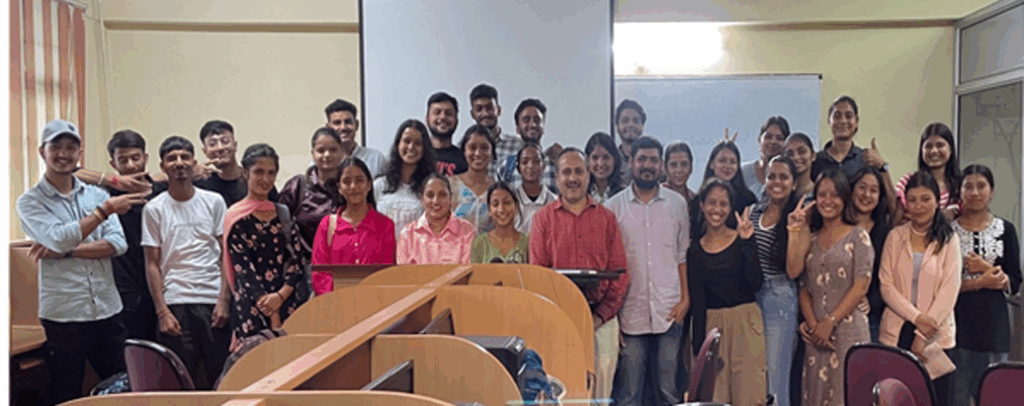

Intra-Class Debate on “Social Media: Construction of Truth and Reality
On 23rd August 2024, the Media Literacy Club organized an intra-class debate on the topic “Social Media: Construction of Truth and Reality.” All three Journalism and Mass Communication (JMC) classes actively participated, engaging in a critical discussion on how social media platforms shape truth and reality through algorithms, content curation, and digital narratives.
Students explored the manipulation of information, the role of echo chambers, and the impact of misinformation in constructing public perceptions. The debate also delved into the power dynamics of social media, emphasizing how these platforms reinforce social hierarchies and amplify dominant hegemonic perspectives. Dr. Singh further contributed to the discussion, highlighting how algorithms privilege certain viewpoints, thereby shaping societal discourse.
The debate fostered critical thinking and analytical discussions, with students presenting well-researched argumentson both sides. Through peer assessment, Sunidhi Sharma emerged as the winner of the debate, recognized for her persuasive reasoning and insightful analysis.
The event proved to be an enriching experience, enhancing students’ understanding of media literacy, digital influence, and power structures in the online world.


Media Literacy club organised Reading and Writing Workshop & Short Book Exhibition
On 11th November 2024, the Media Literacy Club organized a Reading and Writing Workshop along with a short book exhibition, featuring Lokesh Thakur as the resource person. Lokesh Thakur is a renowned Indian author, educationist, journalist, and storyteller who has worked with top media organizations, including The Times of India, ANI, ZEE News, ETV News, and Brainfeed, as well as various non-profit organizations. His contributions to educational policy are significant, particularly in the National Curriculum Framework 2023. He was also a committee member involved in drafting the in-service teacher training module for Uttarakhand and designing the language course for the MA Education program at Azim Premji University, Bangalore. With extensive experience working with children, youth, parents, and teachers across India, his areas of interest include education, child psychology, and behavioral sciences.
During the workshop, Thakur engaged students in an insightful discussion on the importance of reading and writing in today’s world, emphasizing critical thinking, creativity, and effective communication. He shared practical tips on developing these skills and encouraged students to explore diverse reading materials. His inspiring session left a lasting impact on the attendees. As part of the book exhibition, he showcased his four published books—Twenty 20 of Life, Don’t Be A Parent, Don’t Be A Friend, Co-Mat-Ose, and Do Chehre. The exhibition generated enthusiastic participation, and more than 13 books were sold within two hours, reflecting the students’ keen interest in reading and literature. The event was an enriching experience, reinforcing the importance of literacy, storytelling, and the power of the written word in shaping perspectives and knowledge.


Film Screening & Discussion: Exploring Social and Cultural Themes in When Hari Got Married
On 24th November 2024, the Media Literacy Club, in collaboration with the Dharamshala International Film Festival (DIFF), organized a screening of the documentary When Hari Got Married. Following the screening, a discussion was held on the film’s various social, economic, and cultural aspects. The session explored how the film portrays these themes and their relevance in contemporary society. Mr. Abhishek Thakur, Outreach Secretary of DIFFand Media Coordinator of HPCA, facilitated the discussion, enriching it with insights into filmmaking, storytelling, and the documentary’s broader impact.


